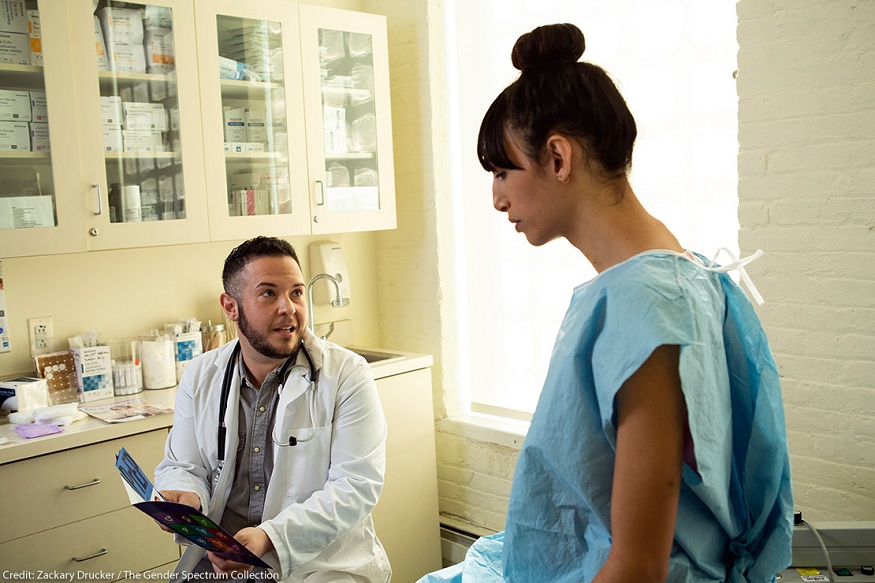Urologists play a crucial role in transgender health care. They provide services that help many individuals on their journey to living as their true selves. From hormone therapy to gender-affirming surgeries, their contributions are invaluable. Much like the specific procedure vasectomy cedar knolls, these treatments require skill and understanding. Urologists blend medical expertise with compassion to support the unique needs of transgender patients. Their work not only improves health outcomes but also enhances quality of life.
Understanding Transgender Health Needs
Transgender individuals face unique health care challenges. These challenges include access to hormone treatments and surgeries such as orchiectomy and vaginoplasty. Urologists, with their specialized training, can provide these essential services. They ensure patients receive care that aligns with their gender identity.
Key Services Urologists Provide
Urologists offer several important services in transgender health care:
- Hormone Therapy: Helping regulate hormone levels to support gender transition.
- Gender-Affirming Surgery: Performing surgeries like orchiectomy and vaginoplasty.
- Routine Urological Care: Providing general urological health services, crucial for overall well-being.
The Impact of Urological Care
Studies show that access to gender-affirming care can greatly improve mental health outcomes. This care reduces anxiety, depression, and the risk of suicide. A 2020 study highlighted the significant positive impacts of surgical interventions on transgender individuals’ mental health.
Comparing Urological Procedures
To better understand the scope of urologists’ work, let’s compare some common procedures:
| Procedure | Purpose | Typical Recovery Time |
| Orchiectomy | Removes one or both testicles | 1-2 weeks |
| Vaginoplasty | Constructs a vagina | 6-8 weeks |
| Vasectomy | Prevents sperm release | 1 week |
Challenges and Opportunities
While the contributions of urologists are significant, challenges remain. Barriers such as access to care and insurance coverage can hinder treatment. However, initiatives by groups like the CDC and educational institutions aim to improve access and awareness. These efforts help create a more inclusive health system for transgender individuals.
The Future of Transgender Health Care
The future looks promising. Advances in medical technology and a growing understanding of transgender needs continue to shape the healthcare landscape. Urologists will remain at the forefront, providing essential services that support gender affirmation. By continuing to offer compassionate and skilled care, they play a vital role in shaping a healthier future for transgender individuals.
Conclusion
Urologists’ contributions to transgender health care are invaluable. Through their expertise and dedication, they offer crucial support to those on their journey to living authentically. As the health care system evolves, its role will continue to be essential in providing comprehensive and compassionate care.
